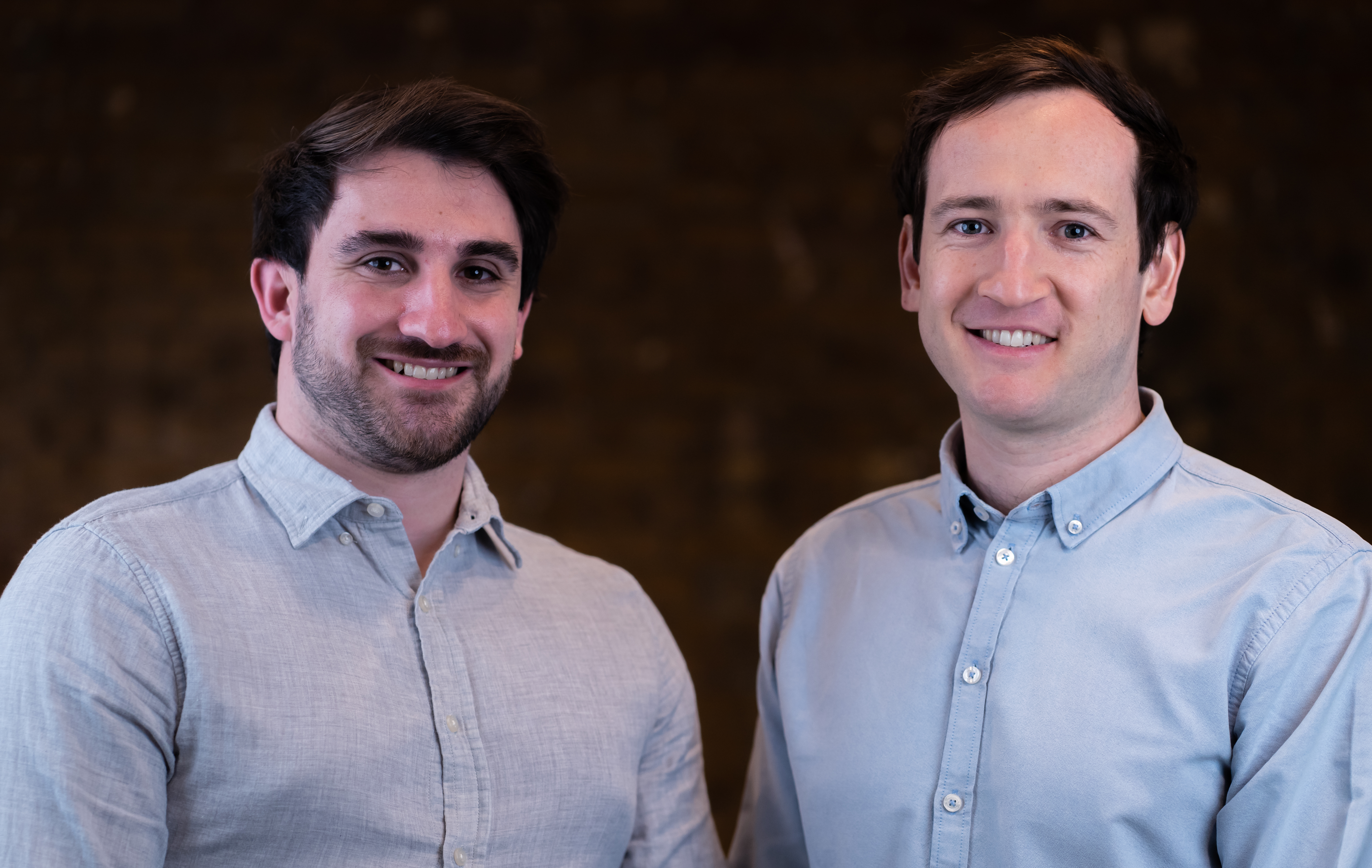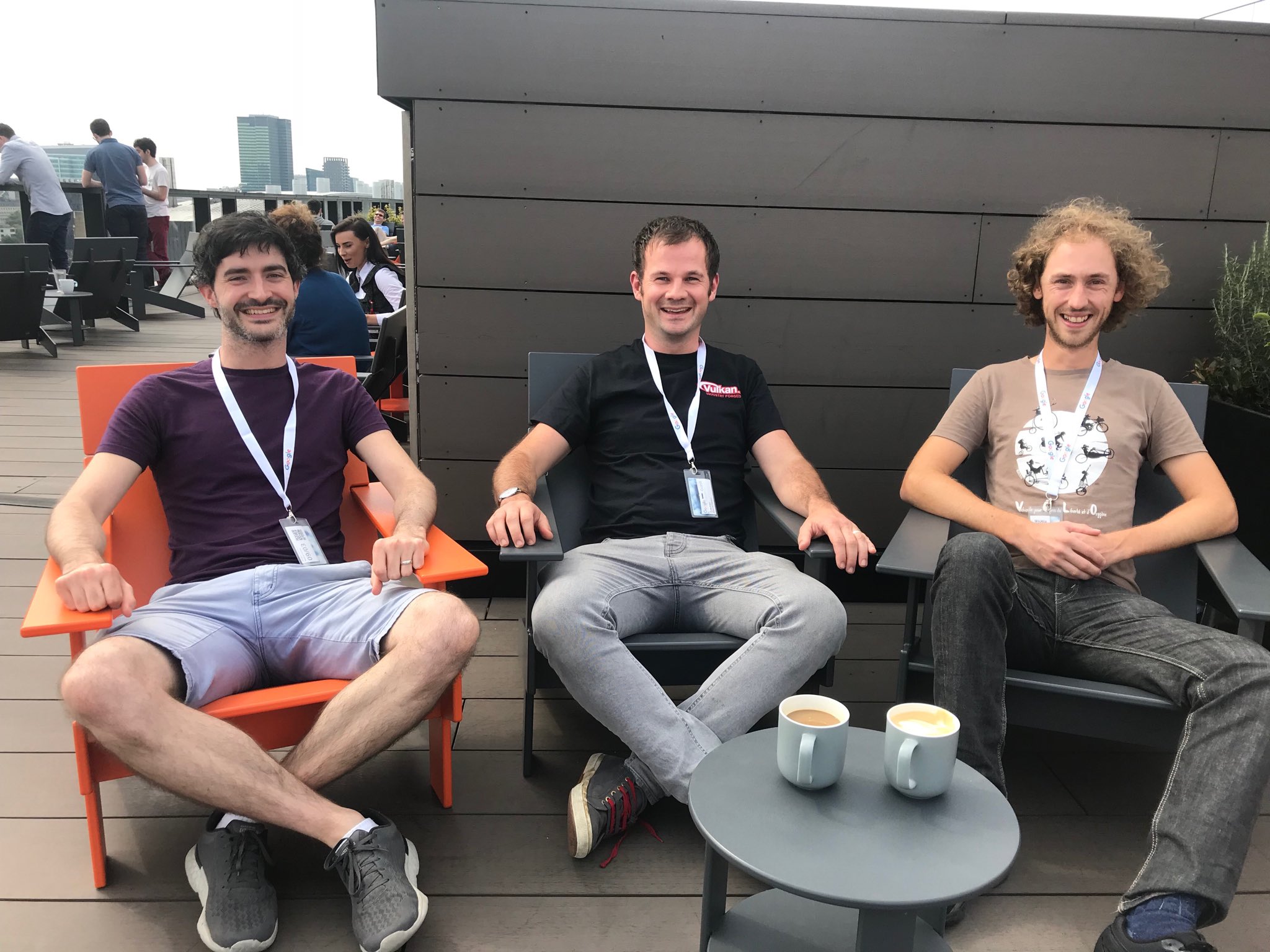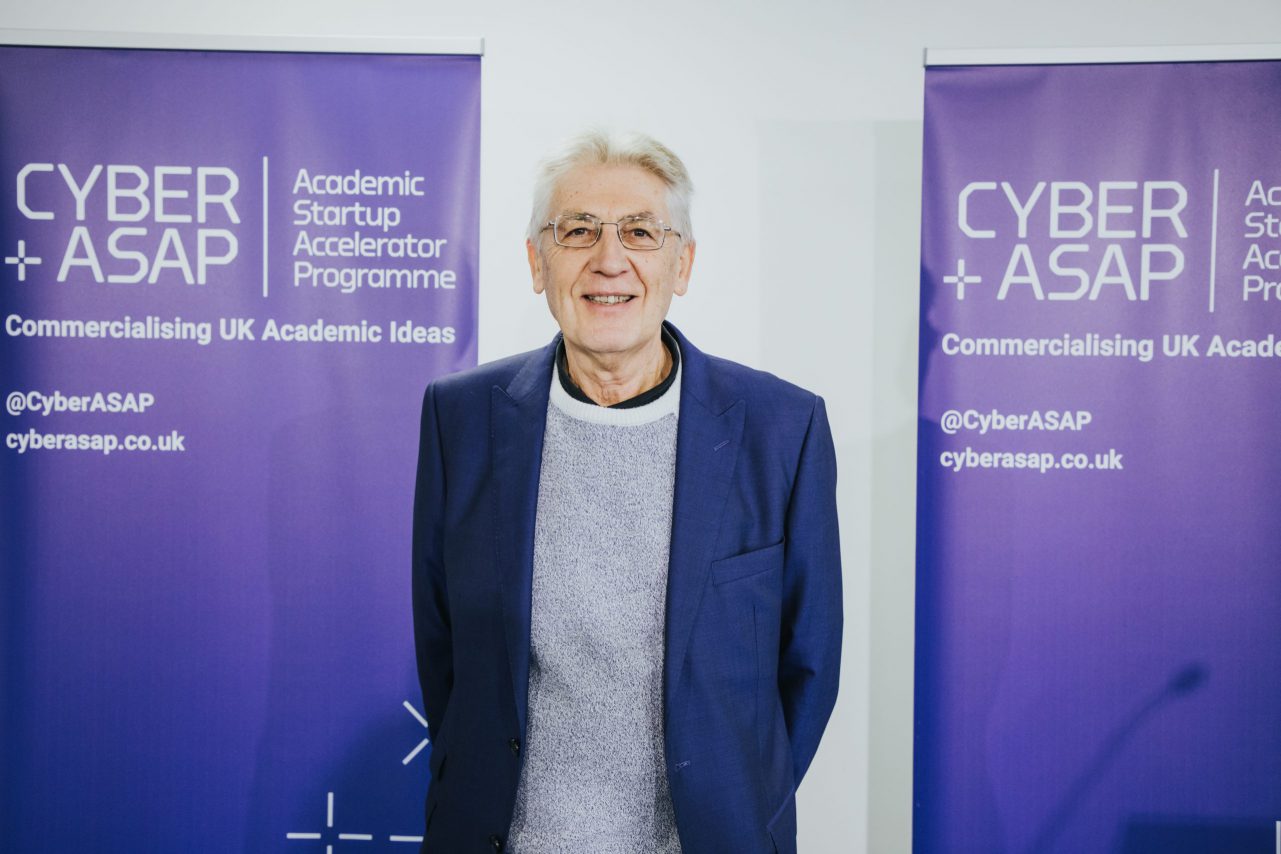CyberASAP Alumni Insights: You can have ground-breaking research but you’ll struggle without understanding the customer’s need

We talk to Jack Hogan, formerly of Imperial College London and co-founder of Shoji.
Welcome back to the CyberASAP Alumni Insights series. Today, we catch up with Jack Hogan, CEO and Co-founder at Shoji, who joined CyberASAP in the fourth year of the programme.
Jack and his fellow co-founder Jordan joined us from Imperial College London, and since graduating have started up their new venture: Shoji. The company builds solutions that can analyse datasets without revealing raw data like personal information.
In this catchup, we discuss their new venture, their future plans and the necessity of understanding customer needs when researching.
The Project
What were your key motivations for commercialising your research?
We’re both data scientists, so we’re passionate about the possibilities and opportunities that can be unlocked using data. Unfortunately, global excitement about these opportunities led to ill-considered and irresponsible data handling practices.
Data privacy is finally starting to receive widespread attention and recognition as an important issue that warrants technological––not just regulatory––solutions. We realised that there exists a large gap between the capabilities being developed in academia and the technologies being offered in the market. Since early on in our PhDs we were motivated to package our research into a solution that would make it easier for businesses to extract value from their data and protect its privacy at the same time.
What challenges did you think you might face?
The main challenge we anticipated was our lack of commercial experience. Save for a few internships and work placements, we had both come from undergraduate, straight through to Masters and PhDs. We knew it would be a challenge to convince potential customers and investors that we had what it takes to deliver a market-ready product.
Why did you choose to apply to CyberASAP to progress your project?
It seemed perfectly designed for us: academics with a desire to commercialise academic cyber security research but no clear understanding of what Step 1 looked like.
Is the current status of your project where you’d hope it would be at this stage?
Yes, further than I expected before joining CyberASAP. I thought we might be able to get some PoCs underway by the end of the programme, with a view to getting a small amount of investment later down the line. In reality, we had a paying customer and pre-seed investment before the programme finished.
CyberASAP
How would you summarise the impact that CyberASAP has had on you?
The programme gave us the impetus we needed to stop talking about commercialising our research and actually go out and do it.
What were the most valuable aspects of CyberASAP? And the most challenging?
The most valuable aspect was the clearly defined process and route map to refining a business idea around academic research explained and delivered alongside lessons from experienced entrepreneurs.
The most challenging aspect was market validation. Overcoming internal biases is a difficult but important lesson to learn to effectively refine your value proposition. I would recommend a book, “The Mom Test” by Rob Fitzpatrick to future cohorts.
Future Plans
What are your future support needs and how are you addressing these?
Our priority now is recruiting top talent (make sure to check out the open roles here) and securing early customers. We could benefit from support from the CyberASAP network for both.
How have you changed as a result of gaining commercialisation skills & insights?
I have tried to shift from an academic mindset to a commercial one. I have become much better at avoiding the temptation to focus on the technical features of the product and conveying instead the commercial benefits of the solution.
What advice would you give fellow academics considering commercialising their research?
Give it a shot. You’ll learn in 6 months whether there’s potential demand for it in the market. At worst, you can go back to academia, having gained a huge amount of commercial experience. At best, you start an exciting company with the potential to solve a real problem.
What are the key lessons you’ve learned from the process of commercialisation?
Focus on the commercials. You can have the most ground-breaking, cutting-edge research but you’ll never get customers or investment if you don’t have a deep understanding of the customer’s need for it.
KTN Perspectives
“We are always reminding our teams that people do not buy [product/service] features but their benefits. Communicating these to potential customers is a very different skill for academics as the focus is to listen to your customers, rather than teach.
CyberASAP provided Jack and Jordan with the time, tools and resources to go out there and test their assumptions and learn from the market. Clearly the value proposition Jack and Jordan developed to hit the mark. Securing a customer and investment before completing the whole programme was an excellent outcome.”
Emma Fadlon, Co-Director – CyberASAP
About us
CyberASAP (Cyber Security Academic Startup Accelerator Programme) is the only pre-seed accelerator programme in the cyber security ecosystem which provides expertise, knowledge and support to convert academic ideas into commercial products.
CyberASAP is funded by the UK Government Department for Digital, Culture Media & Sport (DCMS) and delivered in partnership by Innovate UK and KTN.
Get involved in CyberASAP
Whether you’re an Academic or University Technology Transfer Officer, Industrialist, investor, or have an interest in being involved or supporting the CyberASAP programme in any way – get in touch below.
Related Content
- CyberASAP Alumni Insights: Why novelty isn’t the most important thing on the road to commercialisation
- CyberASAP
- £2.75m acquisition of CyberASAP startup demonstrates potential and importance of academic commercialisation
- CyberASAP Alumnus, MaCRA, scoops top prize in the CyberDen at CYBERUK, the UK government’s flagship cyber security event





